Developmental psychology
Psychology PhD specialization
Uncover how children, teens and adults learn, grow and develop across the lifespan with ASU's doctoral program in psychology, specializing in developmental psychology.
Specialization description
Degree awarded: Psychology, PhD
Developmental psychology is one of six degree specializations offered through ASU's PhD program in psychology. Students work alongside renowned faculty to understand development, researching topics like:
- The role of curiosity in learning
- Bilingual language development
- Relations among stress, sleep and mental health
- The development of romantic relationships
- Genetic risk for alcohol and drug use
- Translational research on psychosocial health
- Mental and physical health across the lifespan
This specialization combines basic science with community-based interventions, utilizing modern analysis methods to study behaviors, emotions, cognition and the underlying genetic and biological mechanisms.
The Department of Psychology fosters a collaborative learning environment, encouraging students to engage in a unique core curriculum and hands-on research that spans all areas of psychology. This comprehensive approach ensures graduates are well-equipped to make a meaningful impact in people's lives.
Important dates
- September 1: Fall 2026 application opens.
- December 5: Fall 2026 application deadline.
Students must submit ASU’s graduate application and the Department of Psychology’s Slideroom application to be considered for admission.
Faculty and research labs
Study with expert, student-focused professors who are leaders in developmental psychology.
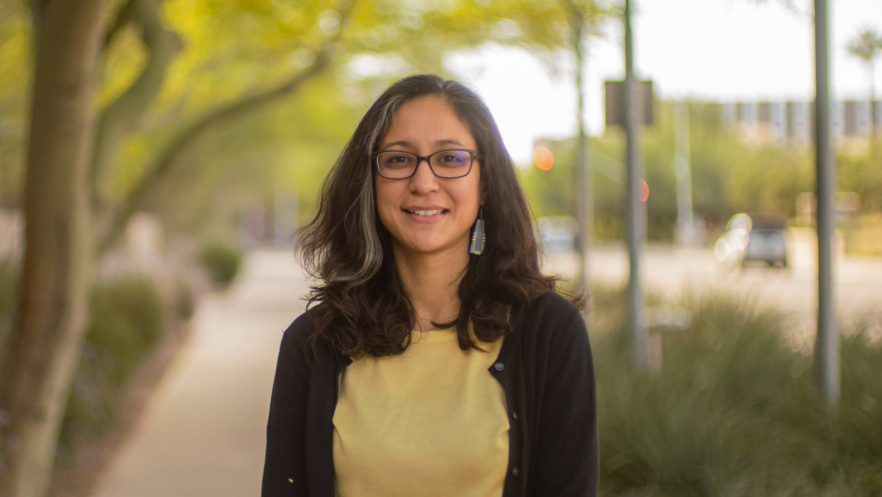
Dr. Viridiana Benitez
Learning and Development Lab
The Learning and Development lab focuses on understanding how cognition and experience shape word learning across development. Using behavioral experiments and observational methods, they work with infants, children and adults from monolingual and bilingual backgrounds. They aim to identify the factors that promote learning for children growing up in diverse language environments.
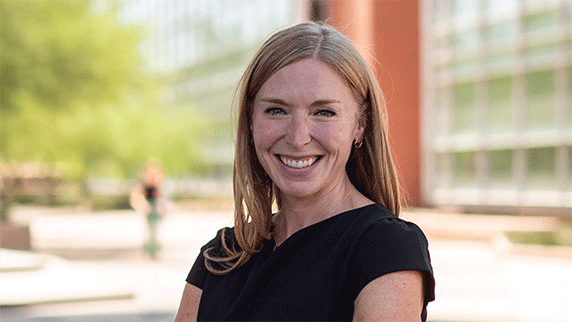
Dr. Leah Doane
Adolescent Stress and Emotion
Lab
The Adolescent Stress and Emotion Lab studies how daily experiences affect physical and mental health. Using developmental psychology and biopsychosocial frameworks, they collect self-reports and measures hormones and sleep quality in real-life settings through ecological momentary assessment.

Dr. William Fabricius
Theory of Mind and Father and
Divorce Labs
The Theory of Mind and Father and Divorce Labs explore how children develop their understanding of the mental and physical worlds. They also study how father-child relationships impact children's long-term physical health, influencing social policy for divorced fathers and children.
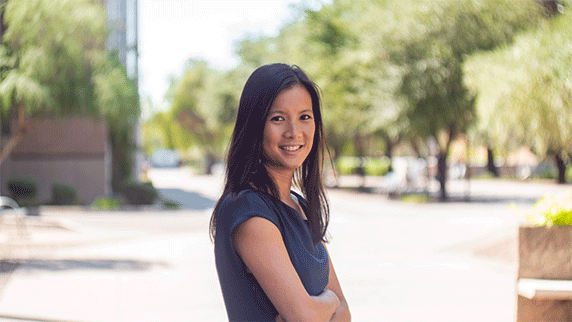
Dr. Thao Ha
@HEART: Healthy Experiences
Across Relationships and
Transitions Lab
Experiencing romantic relationships and feeling love for the first time is a profound experience for adolescents. The @HEART Lab investigates how adolescents learn to navigate romantic relationships and how these early relationship experiences contribute to their future wellbeing and relationships. They focus on technology’s transformative role (the good and bad) in romantic relationships, such as digital communication, social media, virtual and augmented reality, and artificial intelligence (AI).
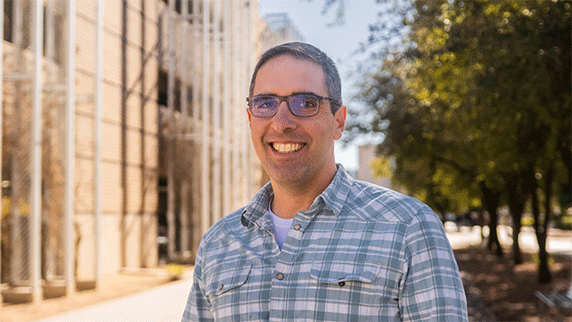
Dr. Frank Infurna
Lifespan Development Lab
The Lifespan Development Lab studies resilience to adversity, predictors of healthy aging and developmental processes in midlife. The lab investigates these phenomena through the application of contemporary longitudinal methodology to longitudinal panel surveys from across the World, intensive longitudinal designs and RCTs.

Dr. Kathryn Lemery-Chalfant
Child Emotion Center
The Child Emotion Center studies how early biological and environmental factors influence children's mental and physical health. Using twin studies and measures like genetics, physiology and behavior, they investigate person-environment transactions across development to identify pathways to resilience and inform prevention programs.
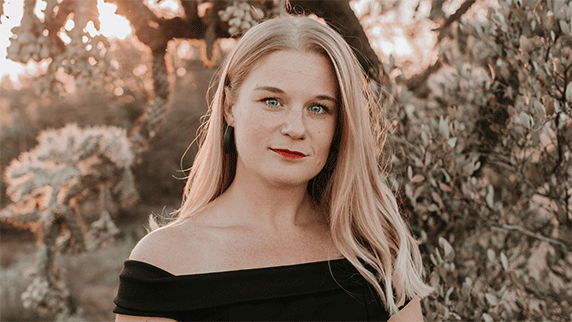
Dr. Candace Lewis
BEAR: Brain, Epigenetics, and
Altered states Research Lab
The BEAR Lab explores how our experiences impact our biology, focusing on epigenetic regulation of genes involved in brain development. They aim to understand how experiences shape cognition, mood and behavior, and how stress, trauma or connection affect mental health. They also study how psychedelics can positively influence mental health.
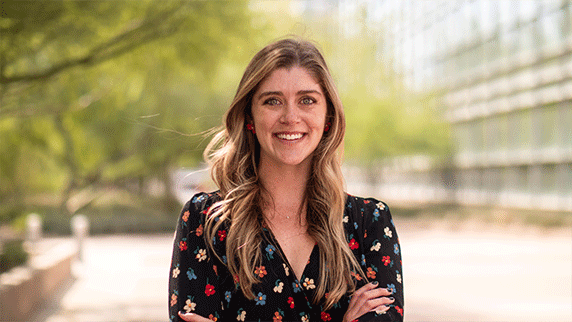
Dr. Kelsey Lucca
Emerging Minds Lab
The Emerging Minds Lab investigates cognitive development and curiosity-driven learning in children aged 5 months to 9 years. Using behavioral experiments, naturalistic observations and looking-based paradigms, they study social cognition, communication and the influence of social and cultural factors on children.
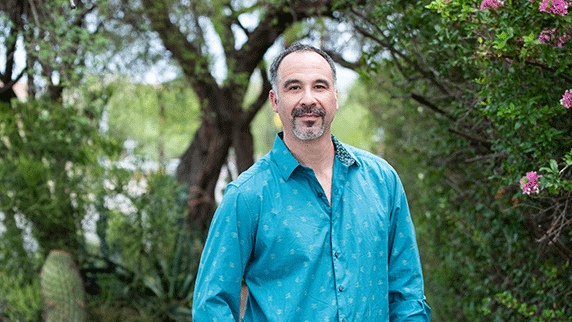
Dr. Armando Piña
Courage Lab
The Courage Lab studies the development of anxiety in children and adolescents, using basic science approaches and creating interventions to test theoretical mechanisms of change. They aim to understand how courage, fear, and anxiety shape young lives, enhancing youth and family wellbeing through rigorous, practical research.
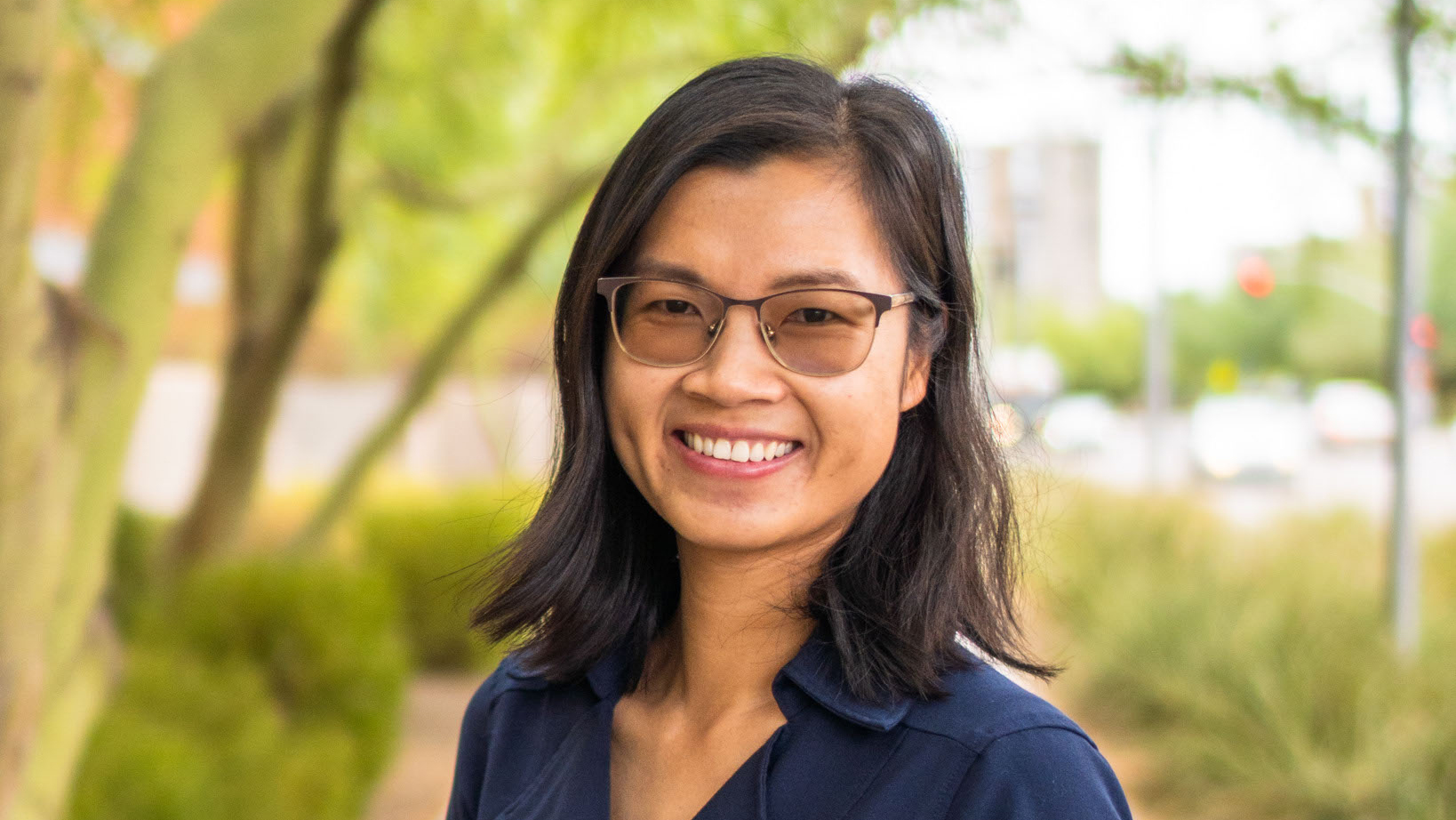
Dr. Jinni Su
Genes, Environment, and Youth
Development Lab
The Genes, Environment, and Youth Development Lab studies how genetic and environmental factors influence substance use and related behavioral and emotional health outcomes in adolescents and young adults from diverse racial and ethnic backgrounds.
Arizona Twin Project
Led by principal investigators Drs. Kathryn Lemery-Chalfant, Leah Doane, and Mary Davis, the Arizona Twin Project is a longitudinal study exploring gene-environment interplay in mental and physical health development from infancy to adolescence. It spans individual to sociocultural levels, focusing on sleep, pain, stress, health and academic competence. The diverse sample represents Arizona, providing insights into cultural influences on child outcomes.
Courses and electives
Introductory courses. Students are required to take at least one theory course and at least one developmental methods course.
Skill courses. Four required courses that integrate quantitative methodologies into students' work.
Depth courses. A minimum of four courses — with at least two from developmental faculty — that make meaningful contributions to students' developmental psychology training.
Elective breadth courses. Students are required to take at least two graduate-level courses from other areas within the department or at ASU. These courses are designed to expand students' perspectives and can cover topics like:
- Social psychology
- Cognitive science
- Biological bases of human behavior
- ... and more!
Professional development. All students must take at least two courses aimed at enhancing professional growth. A class on professional issues in psychology is required. Additional course options may include:
- Supervised teaching
- Grant writing
- Professional writing and reviewing
- .. and more!
Research seminar and research hours. Students enroll in milestone courses where they complete independent study and meet regularly with a faculty member to discuss assignments and conduct research.
Dissertation. Supervised research including literature review, research, data collection and analysis, and writing.
Graduate students in the developmental psychology training are expected to complete 84 credit hours, half of which are research and conference. Courses cover theory, methods, advanced statistics, professional development, general psychology breadth courses and depth developmental psychology courses.
What career is calling you?
Our graduates work with individuals of all ages in diverse settings, including nonprofits, government agencies, schools, technology and start-ups. Here are a few examples of careers with a doctoral degree in developmental psychology:
Data scientist
Director of practice
and validation
Management fellow
Product specialist
Professor
Research analyst
Research and evaluation
program specialist
Research psychologist
UX researcher
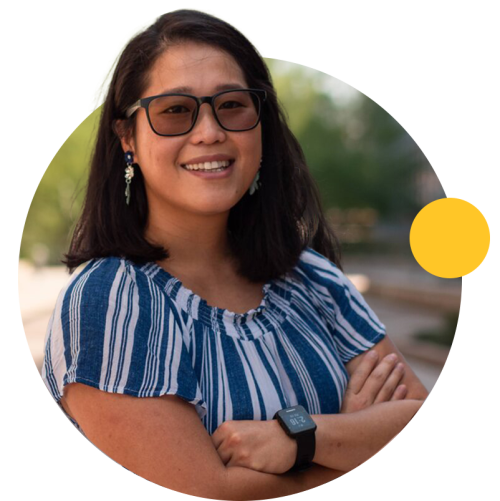
ASU emphasized an interdisciplinary approach to research, encouraging a broader understanding of various fields. For my comprehensive exams, I explored not only psychology but also public health, sociology and other disciplines to gain a well-rounded perspective on the needs of the community. My work at the Executive Office of the President, particularly in health care and veteran-related policies, has required me to draw from diverse schools of thought. This experience has helped me bridge the gap between science and policy, extending my expertise beyond psychology.
Hyejung Park
Policy Analyst for Health, Executive Office of the President
PhD in psychology (developmental psychology), 2022.
MA in psychology, 2019.

The developmental psychology specialization trains the next generation of leaders in both academic and applied settings. We invite talented individuals to join and contribute to our dynamic ASU community.
Get in touch
- For questions about the specialization, email the developmental psychology area head, Dr. Frank Infurna, directly at [email protected].